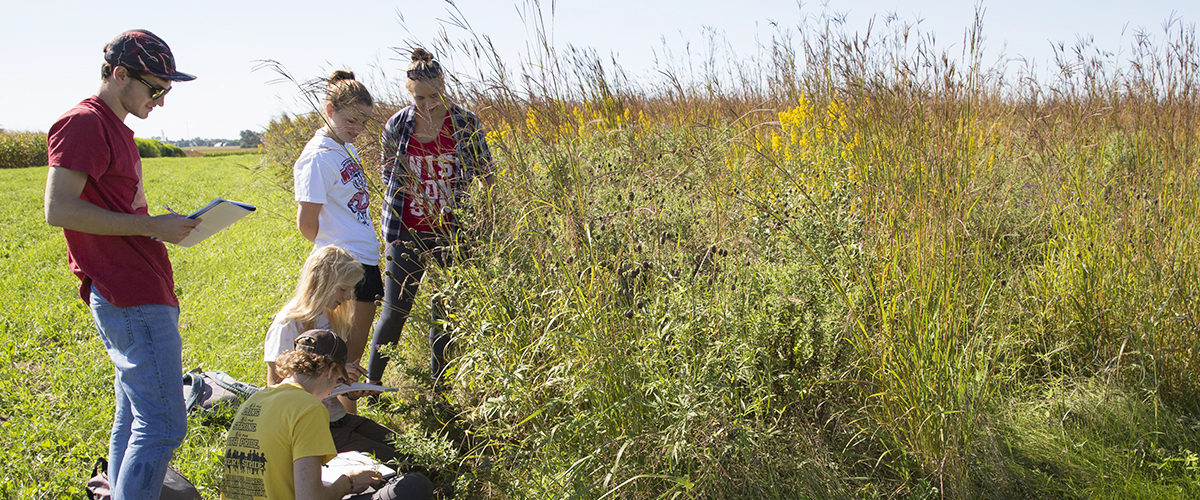
Contact
Overview
Equity and sustainability of energy resources in the face of increasing global population and economic development are key issues at the center of the public discourse today. The objective of this certificate program is to offer undergraduate students a suite of courses addressing energy sustainability that span across the engineering curriculum, with firm roots in “real world” design and engineering practices.
For the most up-to-date details on the certificate, please refer to the UW-Madison Guide.
Requirements
All students should follow the declaration process outlined in the "How to Get In" section of the UW Guide
Students are required to either complete this video orientation or meet with the certificate coordinator, Scott Williams (spwilliams@wisc.edu), before declaring the certificate.
If you are still exploring options for undergraduate certificates in energy, the environment, or sustainability, this info session from Spring 2021, hosted by the Wisconsin Energy Institute and Nelson Institute for Environmental Studies, provides details on the similarities and differences among the options as well as benefits to all of the programs.
